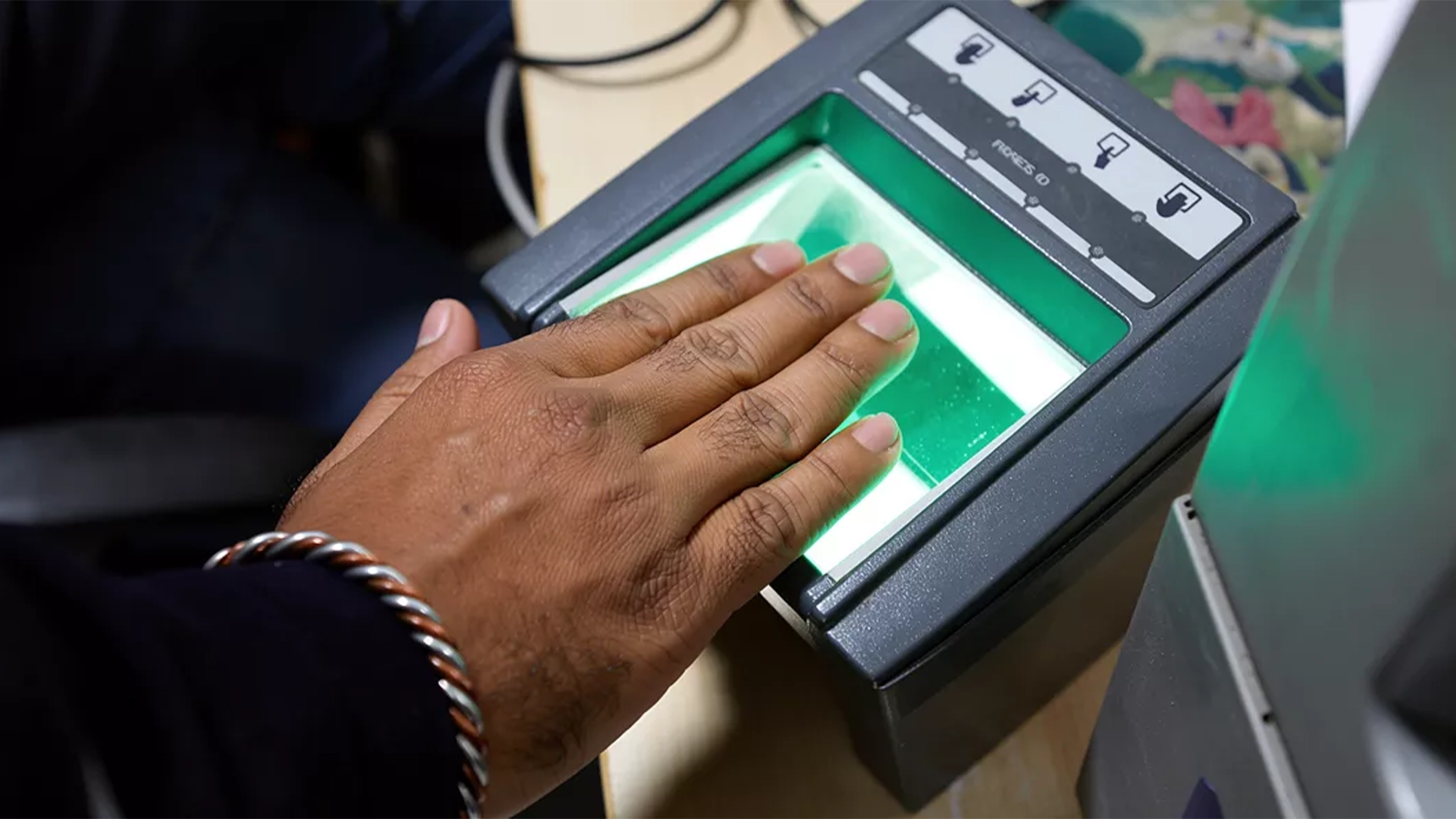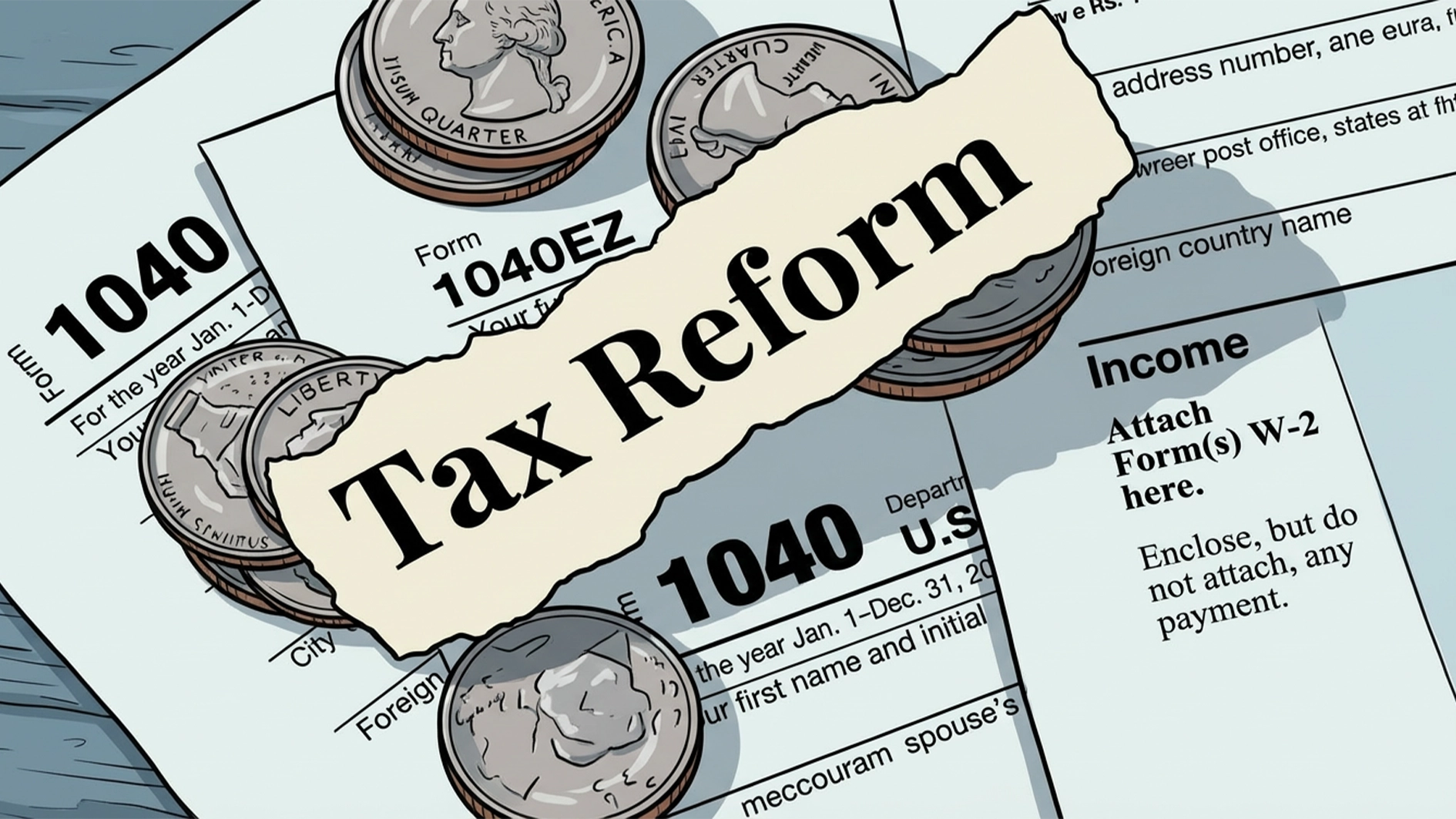
Stakeholders in the consumer behaviour segment of the market in Nigeria are increasingly finding themselves in a worse financial position, leading to a noticeable trend in brand switching.
They stressed that brand loyalty is now uncertain as almost seven in every 10 shoppers have switched brands in the past one year due to increased prices.
They made this submission at the NielsenlQ breakfast conference, themed: ‘Growing around ‘The Big Squeeze,’” in Lagos, which was prompted by the current seismic shocks observed in the market both at a macro and micro level.
This shift, driven by the need to manage limited financial resources, is affecting businesses across the board as consumers seek more affordable alternatives to maintain their standard of living.
Senior Manager, CMI East & West Africa, Tosin Onayemi, said 95 per cent of consumers have changed how they shop for their FMCGs to manage expenses, with the majority of them focusing on essential goods, creating budgets, monitoring the overall cost of their selections and eliminating room for impulse buying.
According to him, 75 per cent of Nigerian consumers as opposed to 31 per cent in June 2023 said they are in a worse financial position this year compared to 34 per cent of Global Consumers.
Out of this number, he said 81 per cent attributed it to the high cost of living, 64 per cent to increased fuel price and 60 per cent to an economic slowdown.
Managing Director of NielsenIQ (East and West Africa), Faith Wanderi, said businesses need to understand consumer behaviour and the shifts that have occurred to make informed decisions on whether to change price strategy, brand extension or focus on distribution targeted at consumers.
On the outlook, she said consumers will continue switching brands as they are not loyal to any brands currently, but manufacturers can search out ways or moments to connect to them through various innovative ways like offering bigger or smaller sizes of their products among other options.
“Moving into 2024, manufacturers and retailers must continue to innovate their products and explore better value-for-money options or offerings that can still meet the needs of the already stretched and challenged consumer, who has little or no extra income to spend,” she said.
Chairman, Proshare, Olufemi Awoyemi while speaking on the theme, with a focus on ‘The Role of Intelligent Consumer Data & Understanding Cycles,’ said shifting global and local economic realities place all sectors under immense pressure to ensure business sustainability, adding that such push is necessary to re-establish the natural intention of data, analytics, and evidence-based research.
According to him, In Nigeria for instance, there is a list of economic concerns such as overall productivity at 2.98 per cent GDP growth in Q1 2024 from 3.46 per cent in Q1 2023 (-16.11 per cent). Purchasing Power Index at 49.2 in July from 50.1 in June (-1.80 per cent). He stated that the Misery Index, 39.19 per cent in June from 38.15 per cent in May, worsened by 2.65 per cent. Disposal Income Change (minimum wage adjusted for inflation – The N70,000 now is worth N11,942 from N30,000, which was worth N12,429 in 2019 when it was approved.
He mentioned that other economic concerns are the core inflation at 27.40 per cent in June from 27.04 per cent in May, Food Inflation at 40.87 per cent in June from 40.66 per cent in May and Cost of Credit (MPR), now 26.75 per cent from 26.25 per cent.
He explained that the exodus of multinationals from the Nigerian market, resulting in a loss of N94 trillion in output over five years, underscores the business transformations and the urgent need for a transformative approach.
Emphasising the importance of foresight in the current world realities, he noted that changing economic cycles, trends, and consumer tastes have birthed a new business ecosystem that reflects the world’s current state and future direction.
“We are not just dealing with traditional threats from new competitors, substitute products, shifts in the market, or the over-exuberance of market players, we are equally seeing entire industries turned on their heads in very short periods, a disruptive influence accelerated so rapidly because of our inability to cope with and anticipate actions driven by the ‘laggard nation effect’,” he said.






